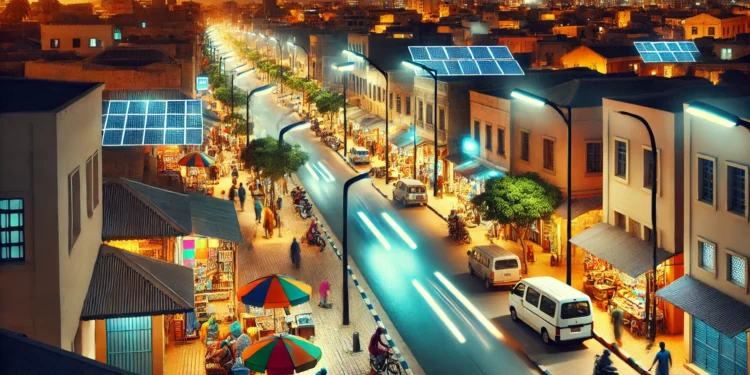Senegal has taken a decisive step in modernizing its energy sector with the approval of an €8.51 million loan by the African Development Bank (AfDB) for the “Efficient Lighting Promotion Program” (PPLEEF). This project marks a significant milestone by introducing modern LED technology, replacing obsolete incandescent bulbs, and directly benefiting 700,000 households and 80,000 small businesses in the regions of Dakar, Thiès, and Diourbel.
The PPLEEF is more than an energy efficiency initiative: it is a model of social and economic transformation. Its innovative billing financing system allows participants to offset the cost of new lamps with their monthly energy savings, ensuring inclusivity and accessibility. Additionally, the project will help reduce carbon emissions and electricity costs, reinforcing Senegal’s commitment to sustainable development and energy equity.
Seychelles, Mauritius, and South Africa: Africa’s Most Powerful Passports in 2025
Jalel Chabchoub, Director of Energy Efficiency at the AfDB’s Department of Renewable Energy and Energy Efficiency, highlighted the program’s impact: “The PPLEEF is a benchmark for Africa. It not only reduces energy consumption during peak hours but also paves the way for the introduction of more efficient appliances, laying the groundwork for the continent’s sustainable future.” Estimated annual electricity savings of 189 GWh will ease the strain on the power grid and improve energy access in vulnerable communities.
The progress has also been emphasized by Mame Coumba Ndiaye, Director General of the Agence pour l’Économie et la Maîtrise de l’Énergie (AEME), who noted that the program will not only lower energy bills for households and businesses but also delay the need for costly investments in new power plants. This will allow resources to be redirected toward strengthening energy access.
With the PPLEEF, Senegal is leading a structural shift in Africa’s energy sector. The model’s replicability and its sustainability impact position it as an example for other countries on the continent. Furthermore, initiatives like “Mission 300,” in collaboration with the World Bank, strengthen the goal of closing Africa’s energy gap. Between 2019 and 2024, the AfDB has committed $6 billion to energy projects, consolidating its role as a driving force for sustainable development in the region.









